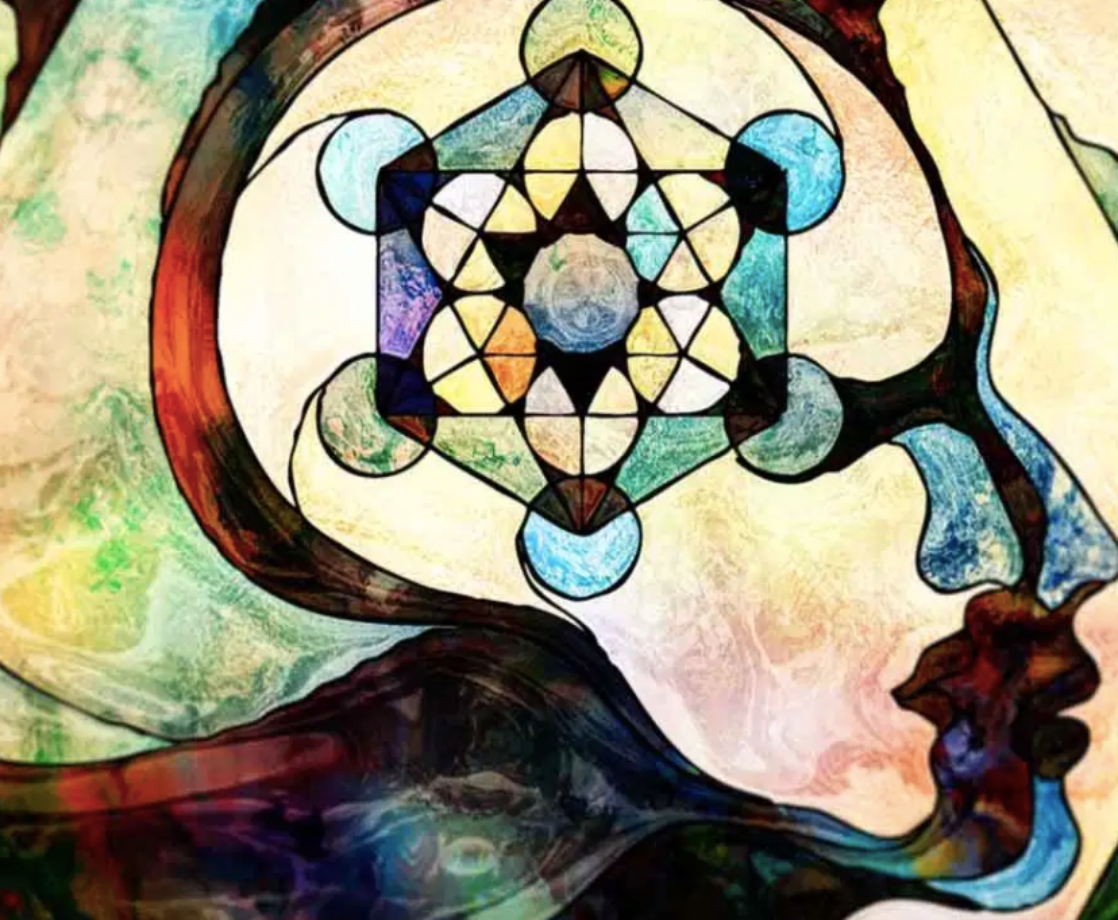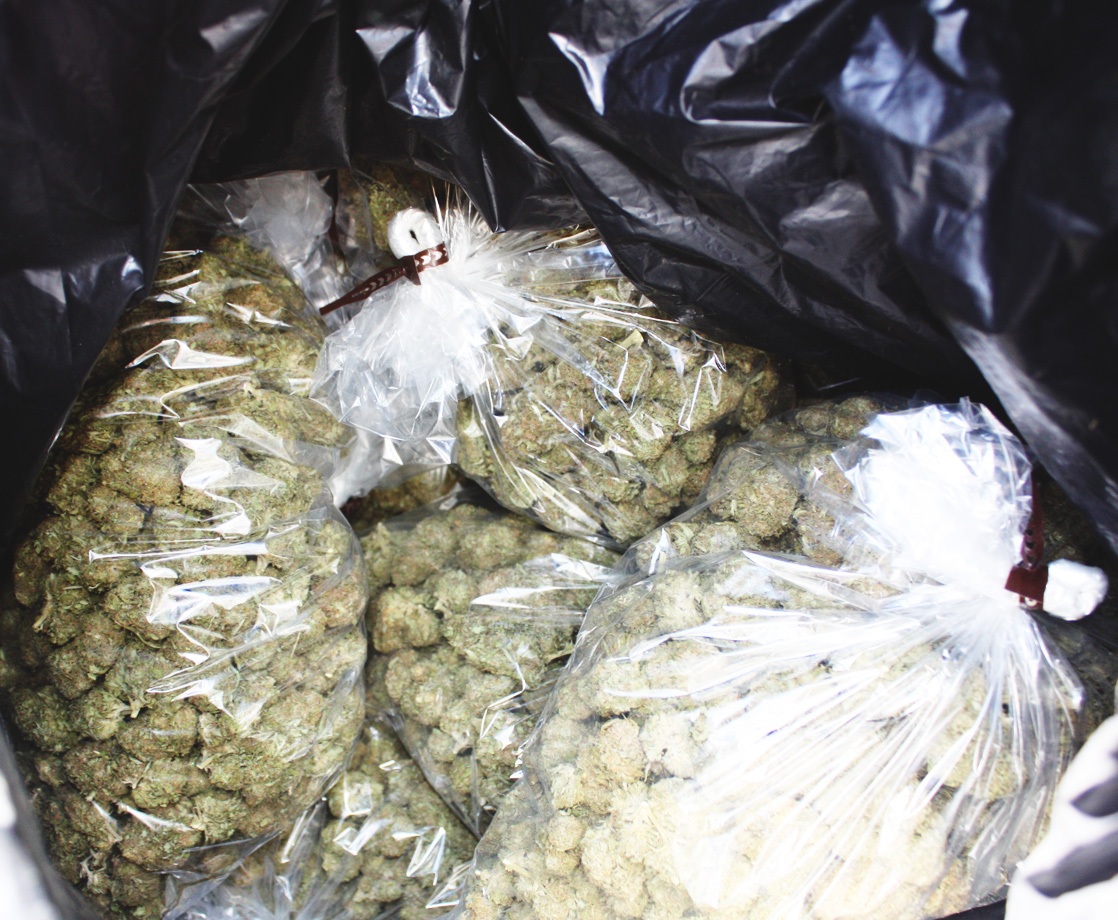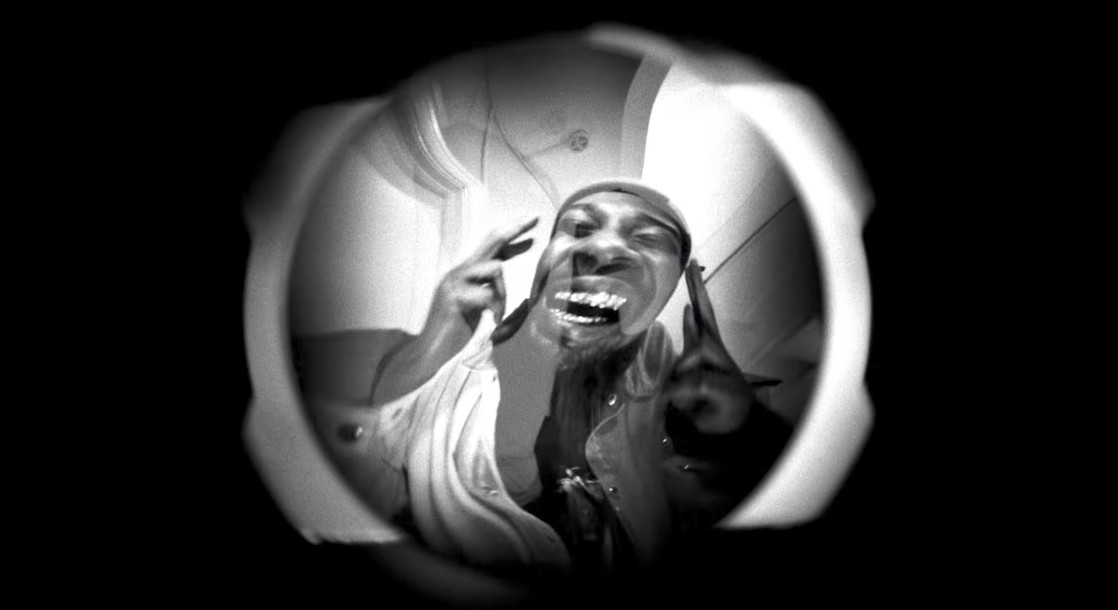Image via
The psychedelic drug dimethyltryptamine, or DMT, is said to be a hallucinogen with therapeutic capacity potentially beyond other psychoactive substances.
Recent reports strongly suggest that DMT may be a possible treatment for Alzheimer’s. But the drug is powerful in other ways, too, considering it’s known to sometimes make avowed atheists believe in higher beings. DMT is known as the “spirit molecule,” after all.
Even more recent data coming out of Spain shows that the mind-expansion brought on by DMT may actually do just that: Literally expand people’s brains. The study, published in the medical journal Translational Psychiatry, reports that long-term animal research indicates that DMT foments brain plasticity and can trigger the formation of new neurons. In other words: the drug promotes new brain cell growth.
Researchers came to this conclusion by dosing mice for years and then measuring their physical brain masses and mental acuity upon returning from repeated DMT trips.
“Our results demonstrate that DMT administration activates the main adult neurogenic niche promoting newly generated neurons in the granular zone,” the authors wrote in the study. “Moreover, these mice performed better, compared to control non-treated animals, in memory tests, which suggests a functional relevance for the DMT-induced new production of neurons in the hippocampus.”
Study co-author José Ángel Morales further clarified that the hallucinogen’s capacity to regulate brain plasticity suggests that DMT has profound therapeutic potential for a wide range of psychiatric and neurological disorders, including neurodegenerative diseases.
DMT is the primary psychoactive ingredient in ayahuasca, a psychoactive brew that has been consumed for centuries in shamanistic rituals throughout South America. Mainstream western science is now catching up with DMT in a big way.
In fact, psychedelic medicine has been gaining wider acceptance overall, with some scientists believing that its potential neuron generation may be a key to treating mental health issues and other brain-related ailments.
Also on the plus side, US laws are changing rapidly when it comes to psilocybin mushrooms and other psychedelic substances, which is leading to more funding and more research in the field.
The study’s authors also expressed excitement over the possibility of using DMT to treat numerous disorders without the drug’s psychedelic effects. It’s similar to the research that the US military is presently funding. While the psychedelic community is highly critical of scientists removing the “journey” from these sacred medicines (derived mostly from plants, mind you), the science happening around plant medicine is undoubtedly interesting.
“The challenge is to activate our dormant capacity to form neurons and thus replace the neurons that die as a result of the disease,” Morales said. “This study shows that DMT is capable of activating neural stem cells and forming new neurons.”
But, okay. Sure — brain-building and alleviating illness is cool, but why can’t we also consider meeting interdimensional beings and traversing time-space tunnels as just an added side-benefit of the whole healing process? If removing the “trip” from psychedelics means that you don’t get to meet machine elves or aliens, then I’m not sure that’s the type of hallucinatory science we should be focusing on.











